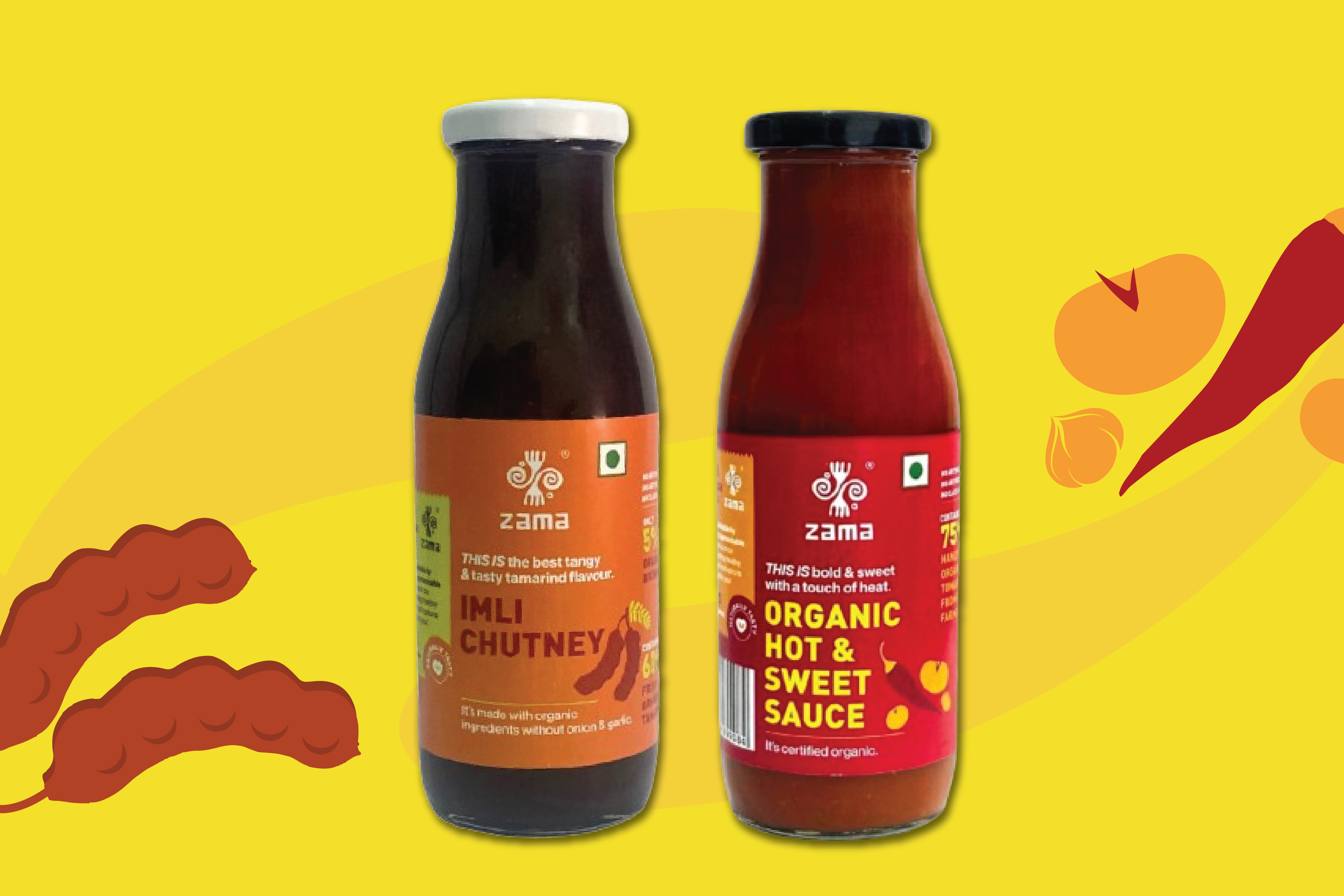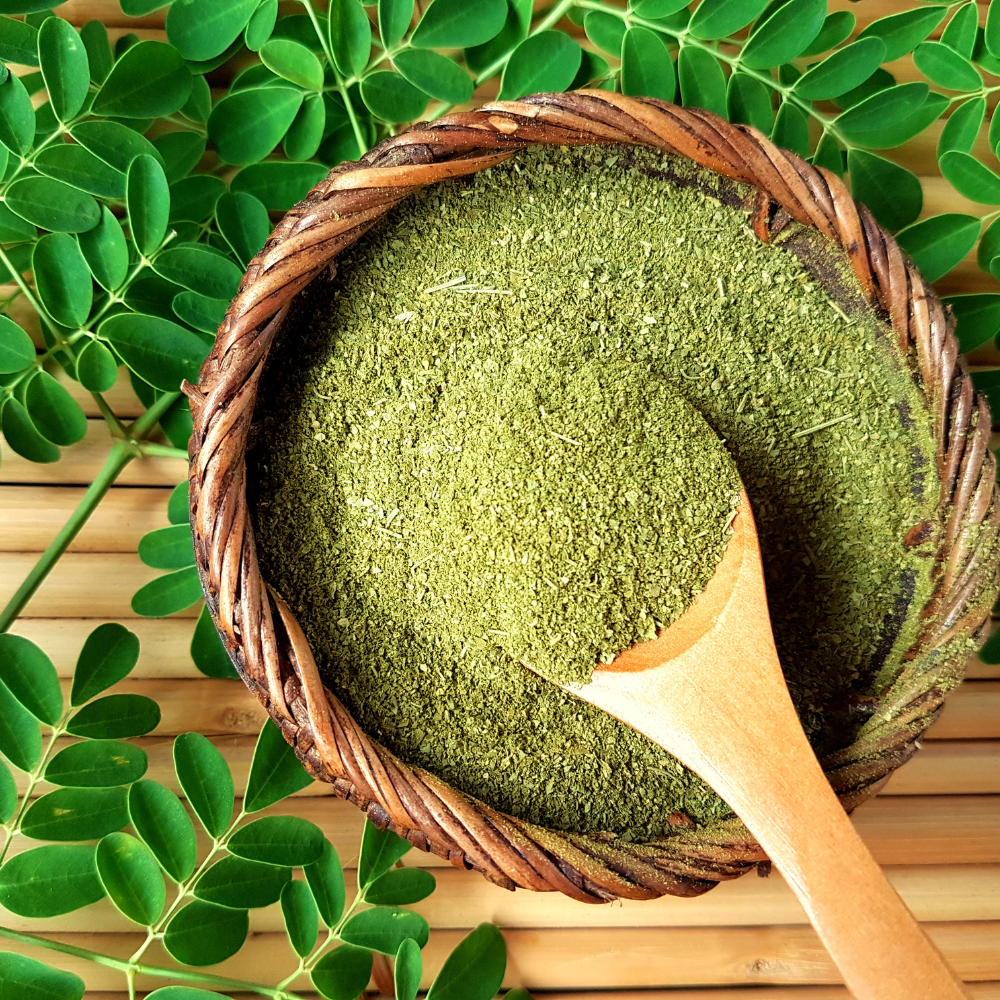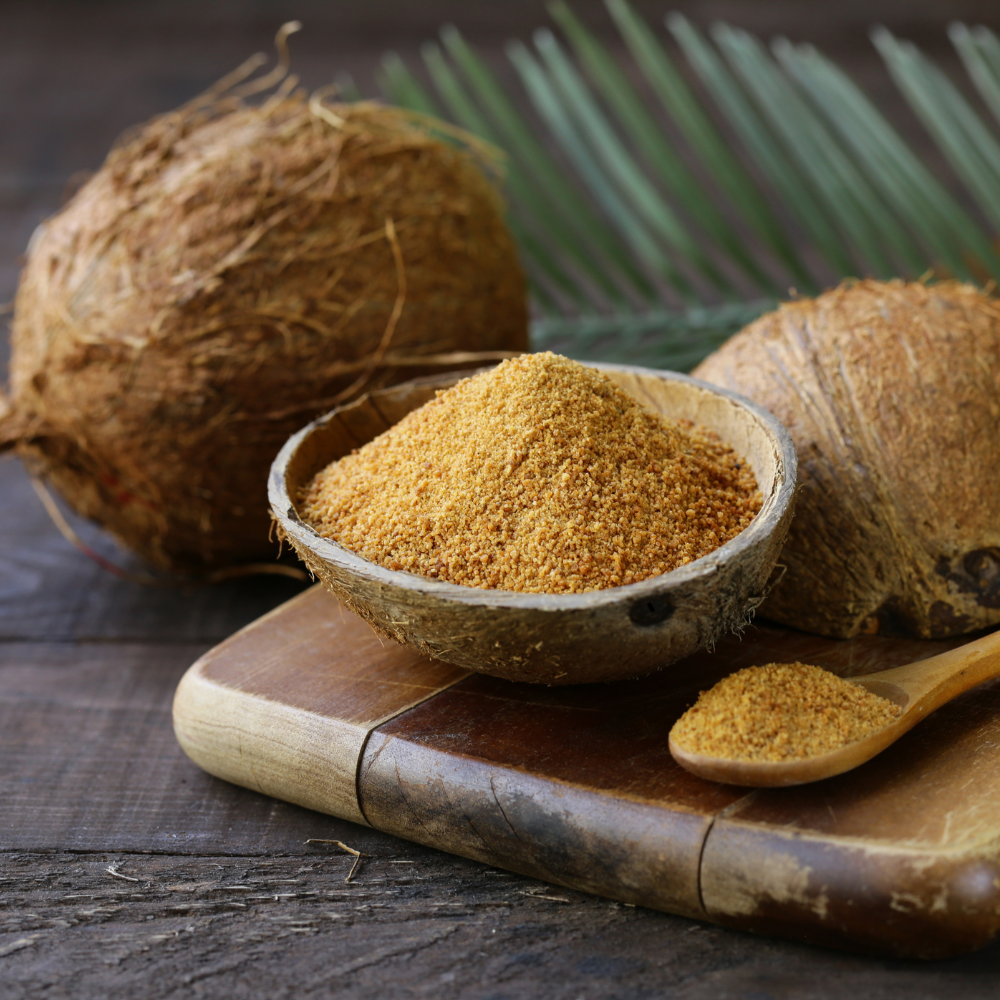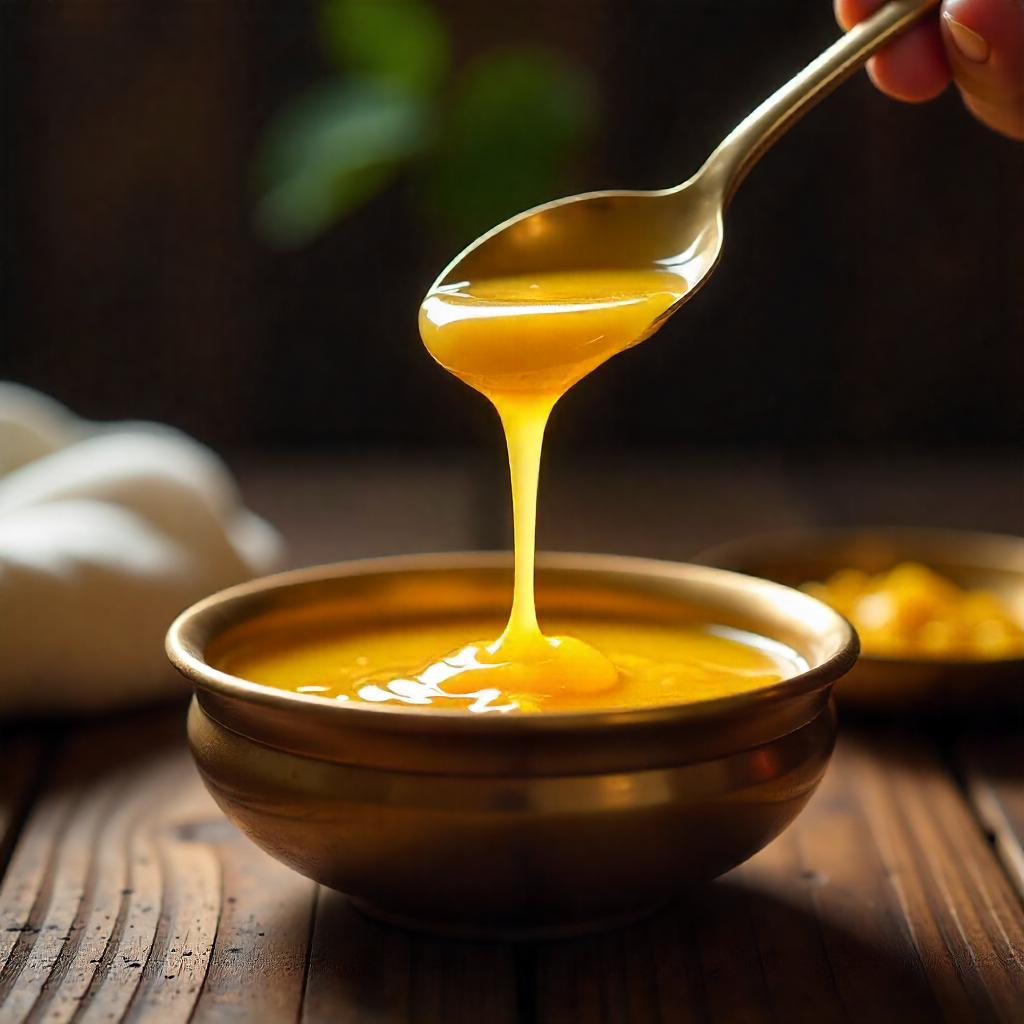If you’ve ever walked through a village in South India or rural Maharashtra, chances are you’ve seen a moringa tree — tall, slender, and full of delicate, green leaves swaying in the breeze. It’s often found near homes, schools, even temples. For generations, families have plucked its pods (called drumsticks) for sambhar, its leaves for dal, or crushed them into pastes for fevers, wounds, and everything in between.
Long before it became a global “superfood,” moringa was simply part of daily life. But what science is now discovering is what Indian kitchens and Ayurveda have always known — this tree is special.
So special, in fact, that it’s often called the Miracle Plant, the Tree of Life, and even Nature’s Multivitamin.
What Is Moringa?
Moringa, scientifically known as Moringa oleifera, is a fast-growing tree native to parts of India, Africa, and Southeast Asia. Nearly every part of the tree is useful — its leaves, seeds, pods, flowers, and even bark have been used in food and traditional medicine for centuries.
But it’s the leaves that pack the biggest nutritional punch. Dried and ground into a powder, moringa leaves become a concentrated source of essential nutrients and plant compounds — making it a prized addition to modern wellness routines.
Why Is Moringa Called a “Miracle”?
The nickname isn’t marketing hype — it’s earned. Moringa offers an impressive combination of nutrition, versatility, and therapeutic value, which is why health experts, nutritionists, and traditional healers alike regard it so highly.
Here’s what makes it so miraculous:
-Extremely Nutrient Dense
Moringa leaves contain vitamins A, C, E, K, plus calcium, potassium, magnesium, and iron — all in significant amounts.
-Complete Plant Protein
Unlike most plants, moringa contains all 9 essential amino acids, making it a complete protein source — ideal for vegetarians and vegans.
-High in Antioxidants
It’s rich in quercetin, chlorogenic acid, beta-carotene, and polyphenols — all of which protect cells from oxidative stress and inflammation.
-Supports Blood Sugar & Cholesterol Levels
Studies suggest moringa may help reduce blood glucose, LDL cholesterol, and support heart health.
-Naturally Anti-Inflammatory & Antimicrobial
Traditionally used for infections, joint pain, and even skin wounds, moringa has deep roots in Ayurvedic healing.
-Great for Brain, Skin & Hair
Thanks to its iron, B vitamins, and antioxidants, moringa supports cognitive function, skin repair, and even hair growth.
Zama’s Moringa: A Cleaner, Greener Source
Not all moringa powders are the same. Many are bulk-dried at high temperatures or grown with chemical fertilizers — which can strip away both nutrients and flavours.
At Zama, our moringa leaf powder is:
-Harvested in small batches for maximum freshness
-Shade-dried (not oven-dried) to preserve nutrients
-Stone-ground into a fine, vibrant green powder never brown or dull
-100% pure and organic, with no fillers, sugars, or additives
It smells fresh, tastes earthy, and dissolves easily into smoothies, water, or warm food.
How to Use Moringa Daily
The beauty of moringa is in its versatility. You can add it to almost anything — even in small amounts, it brings great benefits.
Here’s how to incorporate 1–2 tsp daily:
-In a morning smoothie or juice
-Stirred into warm water with lemon
-Added to dal, sabzi, or khichdi while cooking
-Sprinkled over roasted vegetables or soups
-Mixed into homemade energy balls or granola
-Baked into savoury breads or crackers
Its taste is mildly bitter and earthy — like spinach or matcha — and pairs well with tangy or creamy flavours.

A Plant That Heals More Than Just the Body
In communities across India, moringa trees aren’t just grown for nutrition — they symbolize resilience. The tree can survive harsh drought, grow in poor soil, and still give generous yields of food and medicine. Farmers plant it around their fields to enrich the soil and prevent erosion. Women use it to combat anemia. Grandmothers steep its leaves to ease cough and cold.
In many ways, it’s not just a miracle for the body — but for the land, the environment, and food security too.
Choosing moringa isn’t just good for your health. It’s a way of supporting traditional knowledge, sustainable farming, and rural livelihoods.
Zama’s Commitment to Quality
The moringa you choose should reflect the plant’s natural strength and purity. That’s why Zama’s moringa:
-Comes from trusted partner farms, not bulk suppliers
-Is processed using low-temperature methods to protect enzymes and vitamins
-Is bright green, never grey or brown
-Is lab-tested for purity and safety
When you open a jar, you’ll notice the difference: in the aroma, in the color, in how it feels. That’s the kind of quality your body will thank you for.
Final Thoughts: A Gift From the Earth
Moringa isn’t just a supplement. It’s a plant with deep roots in Indian tradition, community health, and sustainable living. Whether you stir it into your morning smoothie or mix it into warm dal, it’s one of the simplest ways to nourish your body with something clean, honest, and real.
In a world full of processed powders and trendy wellness claims, moringa remains — quietly, powerfully — one of the most complete foods nature offers. That’s why it’s not just called the Miracle Plant. It is one.
Ready to try moringa?
Explore Zama’s organic moringa powder, grown on regenerative farms and shade-dried for maximum nutrition. Add it to your day — one spoonful at a time — and feel the difference that a real, living plant can make.
FAQs
Q: Is moringa safe to consume daily?
Yes. When taken in small amounts (1–2 tsp daily), moringa is safe and highly beneficial. Start with ½ tsp if you’re new, and increase gradually.
Q: What does moringa taste like?
Moringa has an earthy, slightly bitter flavor — similar to spinach or green tea. It blends well with lemon, honey, or fruit-based dishes.
Q: Does moringa help with weight loss?
Moringa is not a magic weight loss herb, but its nutrients, fiber, and blood sugar-balancing effects can support a healthy metabolism.
Q: How do I know if my moringa powder is high quality?
look for vibrant, bright green — never dull or brown — a sign of its freshness and purity. It contains no fillers, no added sugar, and nothing artificial. Grown without the use of harmful pesticides, it comes straight from trusted farms, not factories, so you get the cleanest, most nutrient-rich moringa just as nature intended.





